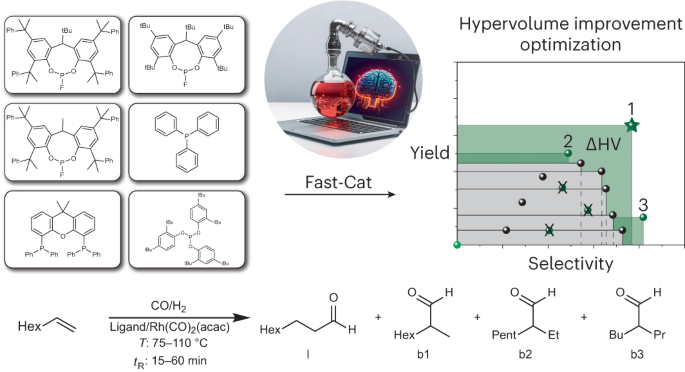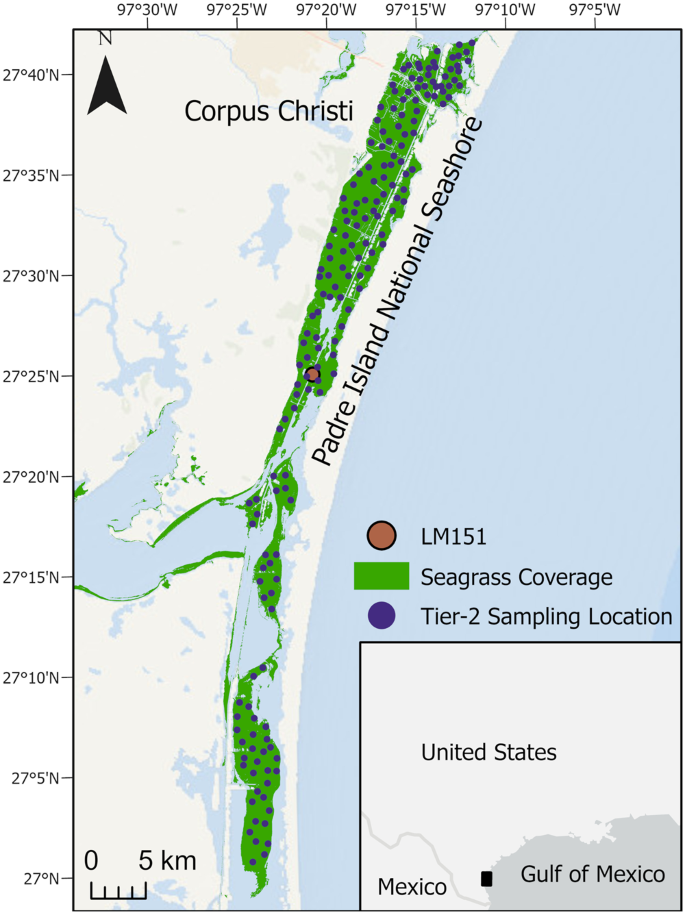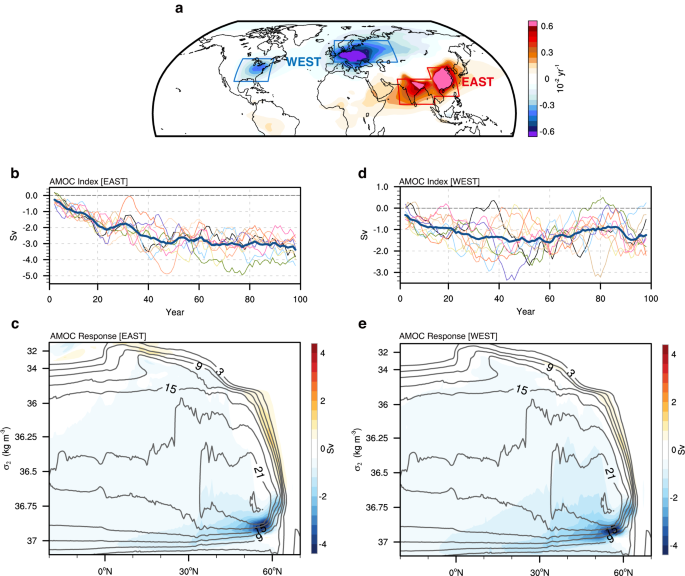2024-02-27 ノースカロライナ州立大学(NCState)
◆Fast-Catは完全に自律的で、高温、高圧、気液反応を連続的に実行し、各実験の結果を分析し、さまざまな変数が各実験の結果にどのように影響するかを決定します。Fast-Catの成果は、化学や製薬業界での触媒プロセスに影響を与える方法をより理解することに真の価値があります。
<関連情報>
- https://news.ncsu.edu/2024/02/ai-driven-lab-speeds-catalysis-research/
- https://www.nature.com/articles/s44286-024-00033-5
自動運転触媒ラボによる自律反応パレートフロントマッピング Autonomous reaction Pareto-front mapping with a self-driving catalysis laboratory
J. A. Bennett,N. Orouji,M. Khan,S. Sadeghi,J. Rodgers & M. Abolhasani
Nature Chemical Engineering Published:27 February 2024
DOI:https://doi.org/10.1038/s44286-024-00033-5
Abstract
Ligands play a crucial role in enabling challenging chemical transformations with transition metal-mediated homogeneous catalysts. Despite their undisputed role in homogeneous catalysis, discovery and development of ligands have proven to be a challenging and resource-intensive undertaking. Here, in response, we present a self-driving catalysis laboratory, Fast-Cat, for autonomous and resource-efficient parameter space navigation and Pareto-front mapping of high-temperature, high-pressure, gas–liquid reactions. Fast-Cat enables autonomous ligand benchmarking and multi-objective catalyst performance evaluation with minimal human intervention. Specifically, we utilize Fast-Cat to perform rapid Pareto-front identification of the hydroformylation reaction between syngas (CO and H2) and olefin (1-octene) in the presence of rhodium and various classes of phosphorus-based ligands. By reactor benchmarking, we demonstrate Fast-Cat’s knowledge scalability, essential to fine/specialty chemical industries. We report the details of the modular flow chemistry platform of Fast-Cat and its autonomous experiment-selection strategy for the rapid generation of optimized experimental conditions and in-house data required for supplying machine-learning approaches to reaction and ligand investigations.




